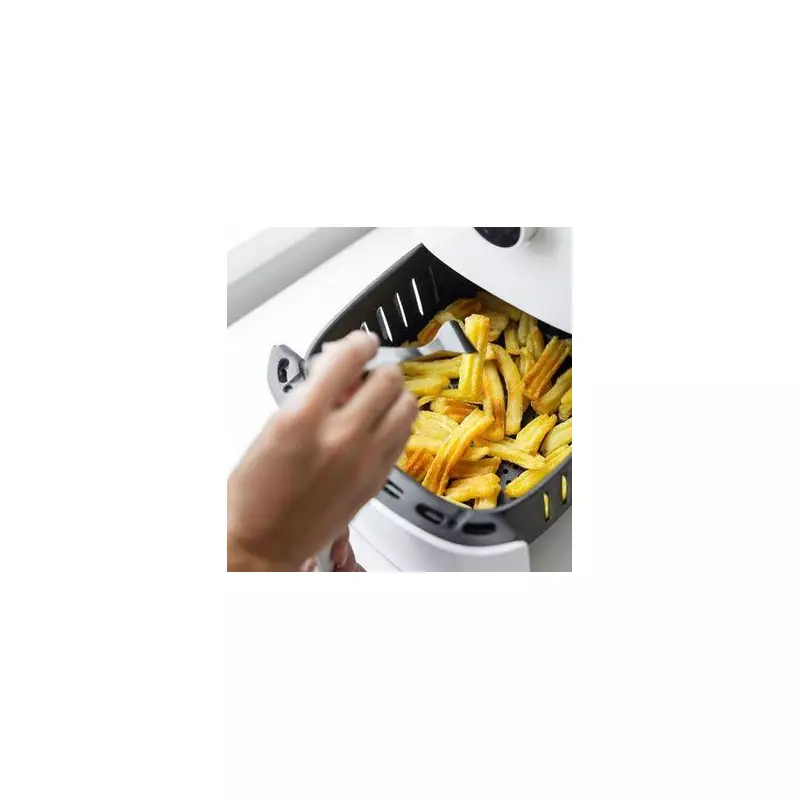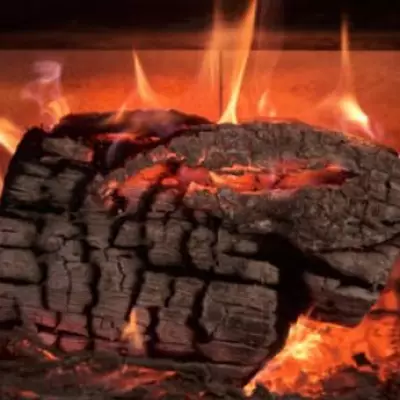
An urgent safety warning has been issued for households across the UK, highlighting the severe dangers of using extension leads with common domestic appliances.
According to Gordon Wallis, an energy specialist at Your NRG, misusing these everyday items can lead to energy inefficiency and a serious fire risk.
The Hidden Dangers in Your Home
While extension leads are a convenient solution for powering lamps and phone chargers, they are designed for temporary, low-power use only. Plugging in high-wattage devices pushes them beyond their limits.
Gordon Wallis explained the core issue: "Extension cords have their place in the home, but it's vital to understand their limits. Misusing them can not only lead to energy inefficiency but also pose a serious fire risk."
High-Risk Appliances You Must Watch Out For
The expert identified several common household gadgets that are particularly dangerous when connected to an extension cord. These include popular kitchen helpers and larger white goods.
The most hazardous appliances to plug into an extension lead are:
- Air fryers
- Microwaves
- Washing machines
- Refrigerators
- Freezers
These devices demand substantial electricity to operate. As reported by the Express, plugging them into an extension cord can overload the circuit, leading to overheating and potentially causing sparks or an electrical fire.
Why This Practice is So Dangerous
The risk isn't just about constant power draw. Appliances like fridges and freezers are especially problematic because they cycle on and off throughout the day.
Wallis noted: "It might seem harmless to daisy chain extension cords or use one to power a fridge or freezer, but this is one of the most dangerous habits in the home. These appliances create sudden power surges that many extension cords simply aren't built to handle."
From a sustainability angle, this misuse also results in wasted energy due to inefficiencies in how power is delivered to the appliance.
The Safe and Sustainable Solution
For homes short on plug sockets, the temptation to rely on extension leads is understandable. However, experts advise against making this a permanent fix.
The recommended course of action is clear. Wallis advised: "If you're relying on extension cords because you don't have enough outlets, the safer and more sustainable solution is to consult a qualified electrician to install additional sockets. It's a small investment that dramatically reduces your fire risk and improves your home's overall energy efficiency."
Ultimately, for power-hungry devices, connecting them directly into a wall socket isn't just a safety measure—it's a smarter way to power your home and protect your property.





